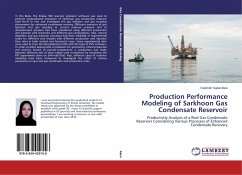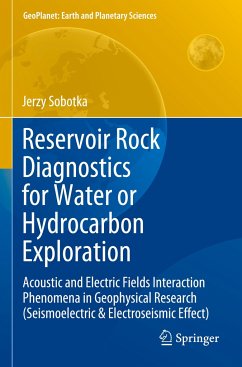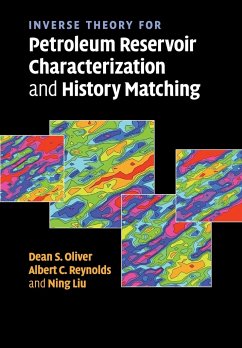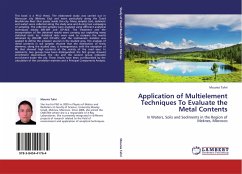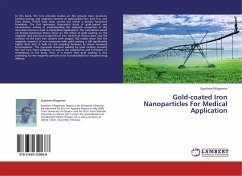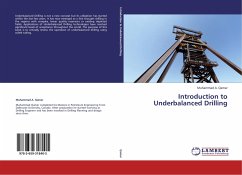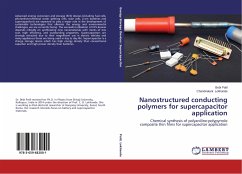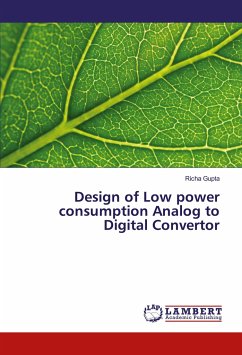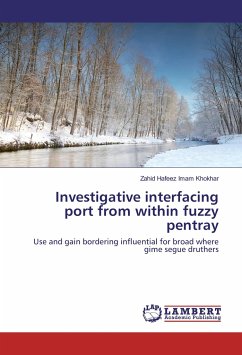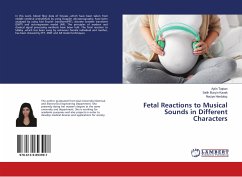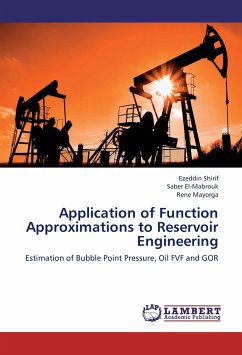
Application of Function Approximations to Reservoir Engineering
Estimation of Bubble Point Pressure, Oil FVF and GOR
Versandkostenfrei!
Versandfertig in 6-10 Tagen
52,99 €
inkl. MwSt.

PAYBACK Punkte
26 °P sammeln!
The book presents new approaches to address three of some of the most important ongoing challenges in petroleum engineering. Multiple Regression Analysis and two deferent artificial intelligence techniques (Neural Networks, ANNs and Least Squares Support Vector Machines, LS-SVM) are applied to: (1) Estimate bubble point pressure, bubble point oil FVF, bubble point GOR and stock-tank vent GOR in the absence of experimental analysis. Unlike the present PVT correlations, they can be applied in a straightforward manner by using direct field data. (2) Predict and interpolate average reservoir press...
The book presents new approaches to address three of some of the most important ongoing challenges in petroleum engineering. Multiple Regression Analysis and two deferent artificial intelligence techniques (Neural Networks, ANNs and Least Squares Support Vector Machines, LS-SVM) are applied to: (1) Estimate bubble point pressure, bubble point oil FVF, bubble point GOR and stock-tank vent GOR in the absence of experimental analysis. Unlike the present PVT correlations, they can be applied in a straightforward manner by using direct field data. (2) Predict and interpolate average reservoir pressure. Three different models are obtained to predict and interpolate average reservoir pressure without closing the producing wells. (3) Forecast the production of oil reservoirs. ANNs and LS-SVM are applied to predict the performance of oil production within water injection reservoirs. The historical production and injection data are used as inputs. The approach can be categorized as a new and rapid method with reasonable results. Another application of these models is that it can be utilized to find the most economical scenario of water injection to maximize ultimate oil recovery.



